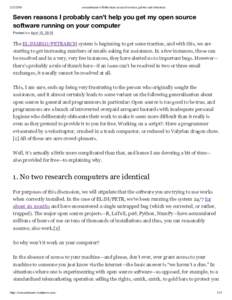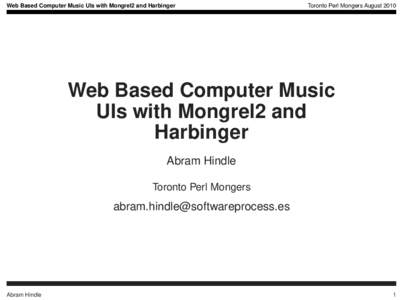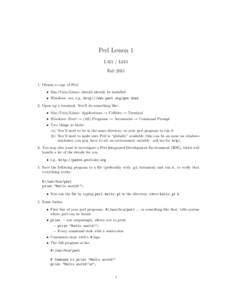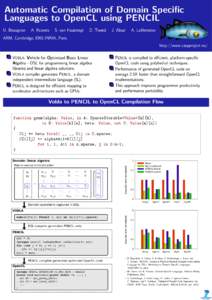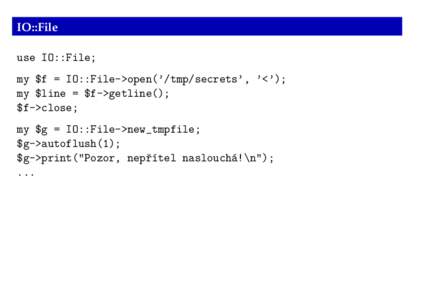<--- Back to Details
| First Page | Document Content | |
|---|---|---|
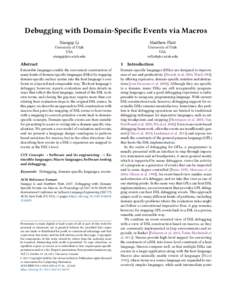 Date: 2018-04-25 11:59:03Software engineering Computer programming Computing Functional languages Transformation languages Programming languages High-level programming languages Functional programming Hygienic macro Macro Lisp Anonymous function |
Add to Reading List |
 Debugging with Domain-Specific Events via Macros Xiangqi Li Matthew Flatt University of Utah
Debugging with Domain-Specific Events via Macros Xiangqi Li Matthew Flatt University of Utah